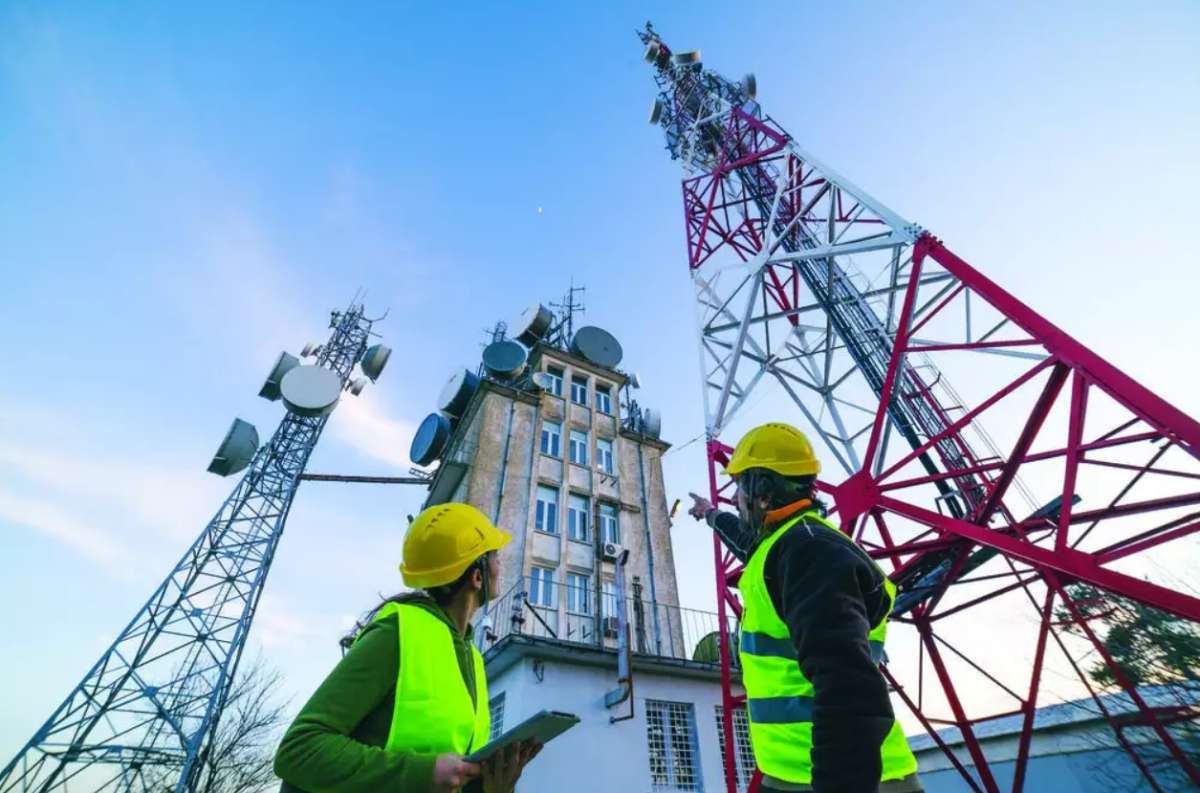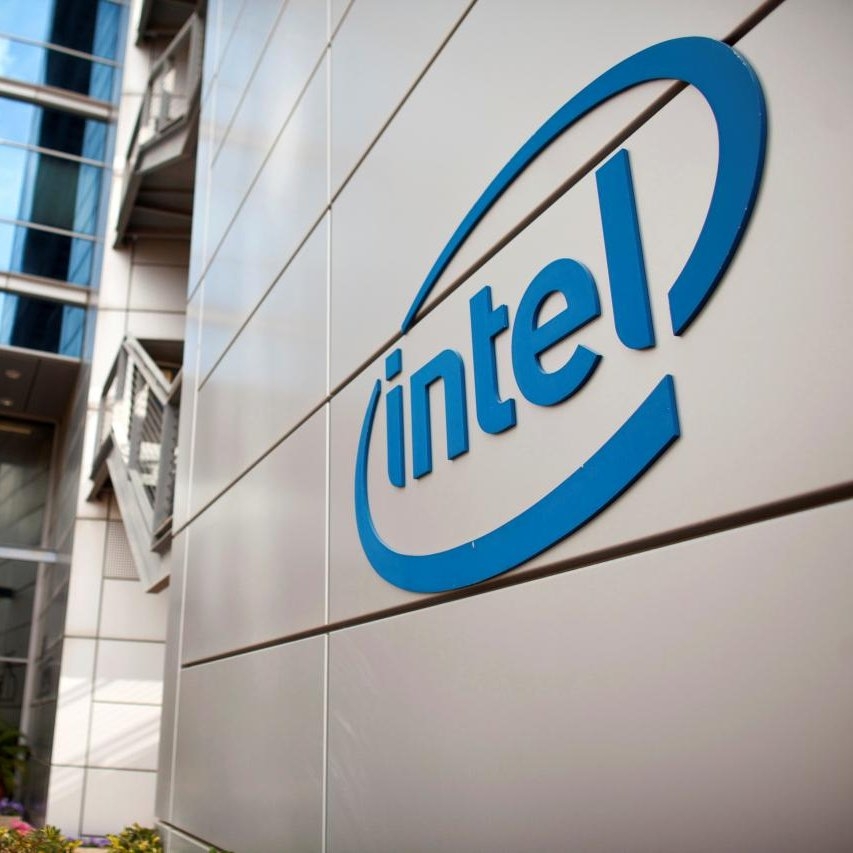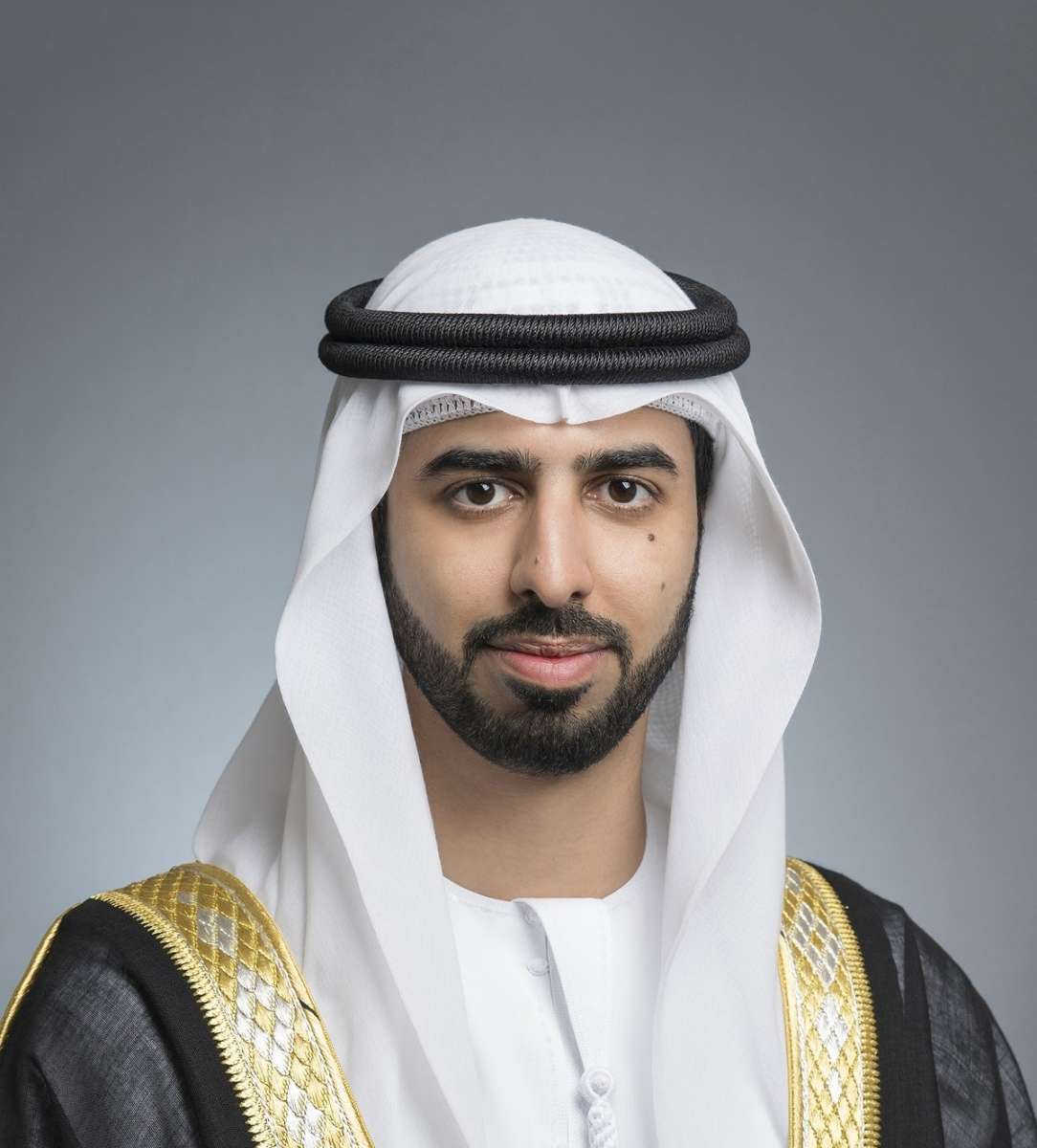The country will require 22 million skilled workers in 5G-focused industries by 2025, in areas such as cloud computing, robots and the Internet of Things (IoT)….reports Asian Lite News
India currently faces a shortage of 2.41 million skilled workers in the telecom sector in the 5G era, which is forecast to jump by 3.8 times by 2030, a report showed on Friday.
The country will require 22 million skilled workers in 5G-focused industries by 2025, in areas such as cloud computing, robots and the Internet of Things (IoT).
One of the key challenges is that only 40 per cent of India’s graduates in computer science, IT, and math are employable in the technology sector due to the mismatch between academic requirements and industry demands, according to the report by the Telecom Sector Skill Council (TSSC), launched in association with enterprise decision-making platform Draup at the India Mobile Congress (IMC) 2023 here.
The number of employed talent in the Indian telecom industry is currently 11.59 million, with 2.95 million corporate talent and 8.24 million blue-collar talent.
According to the report, India is the only country expected to have a skilled labour surplus, with 1.3 million workers in the technology, media and telecommunications (TMT) sector by 2030.
“In anticipation of the upcoming 6G era, our focus remains on aligning our skilling initiatives with cutting-edge technologies, ensuring a workforce ready for the future of telecom,” said Atul Tiwari, Secretary, Ministry of Skill Development and Entrepreneurship.
The report, titled ‘Telecom Talent in 5G Era: Demand Supply Skill Gap Report 2023-24’, highlighted that across 15 top streams, network operation and maintenance and project engineering have the most corporate talent, while network operation and maintenance and sales and distribution – service segment have the most blue-collar talent.
According to Arvind Bali, CEO, TSSC, the telecom sector is the third-largest industry in India that accounts for roughly 6.5 per cent of all FDI inflow and also by 2027, the country is anticipated to account for 11 per cent of all 5G subscriptions worldwide.
“India has a good chance to close the growing demand-supply gap by 2030 with the proper reskilling and hiring strategies that target adjacent talent in tier 2 and 3 cities and university supply,” said Bali.
With the help of AI, even more powerful 6G network technologies will emerge in the future, the report mentioned.










